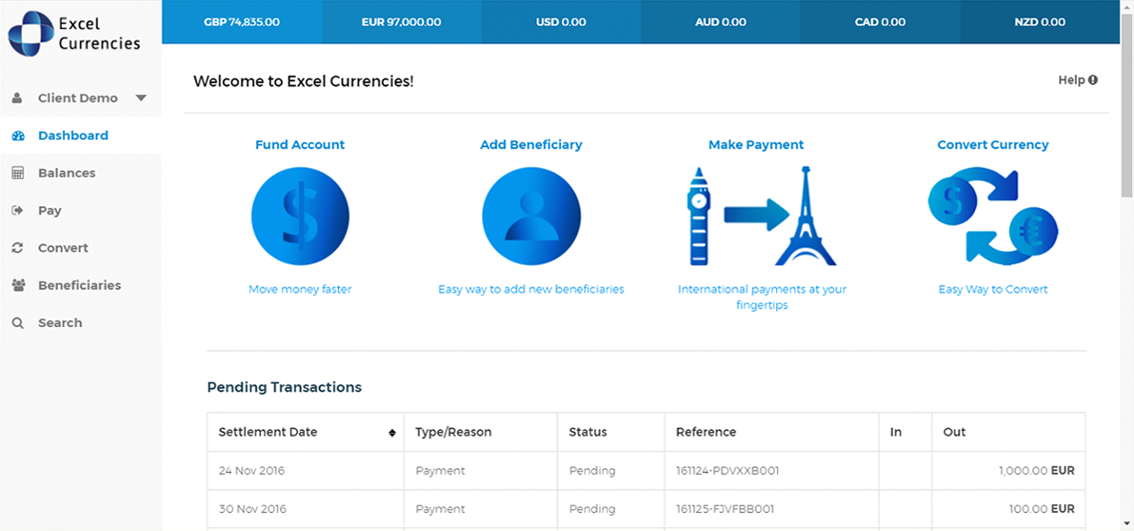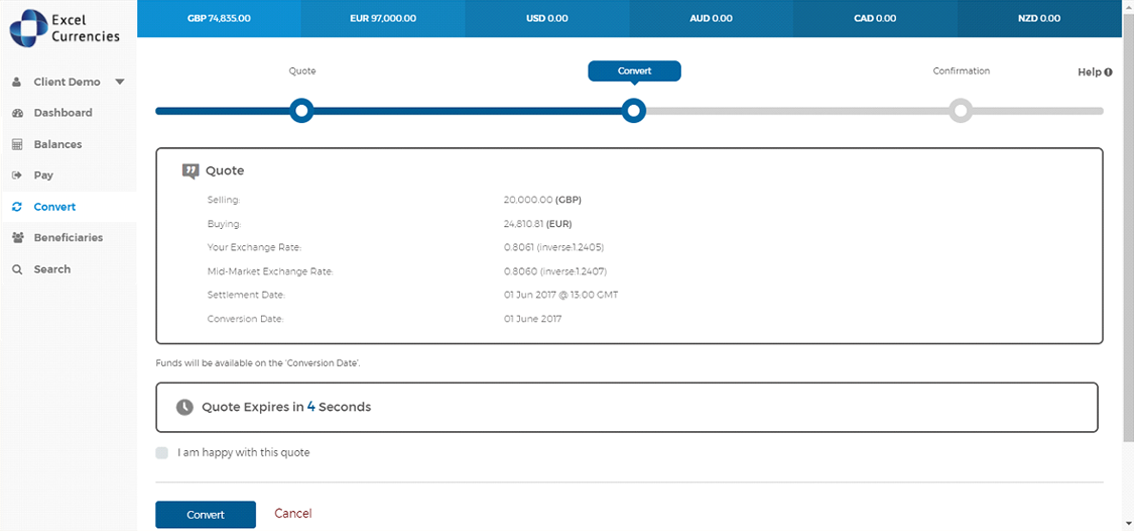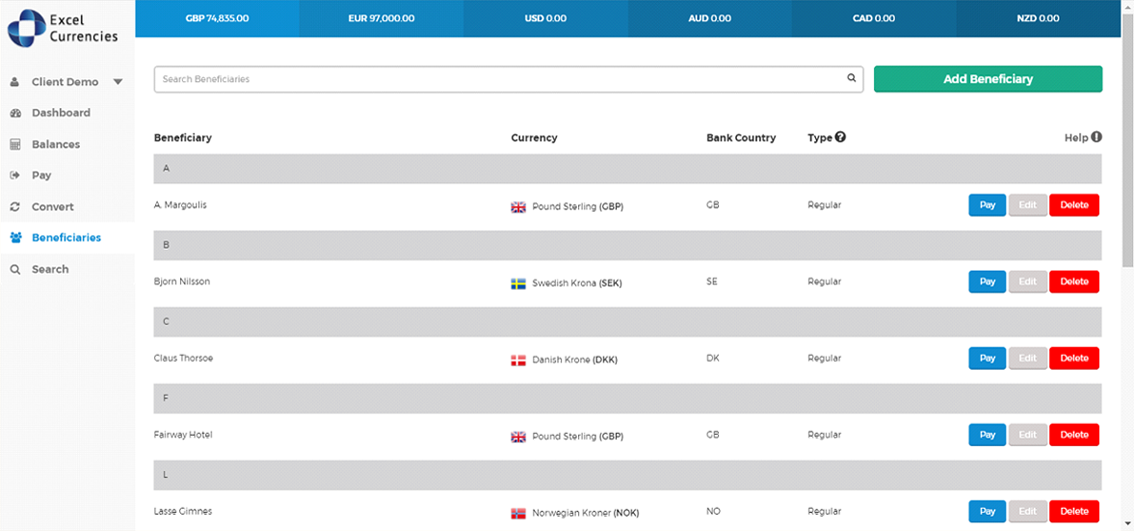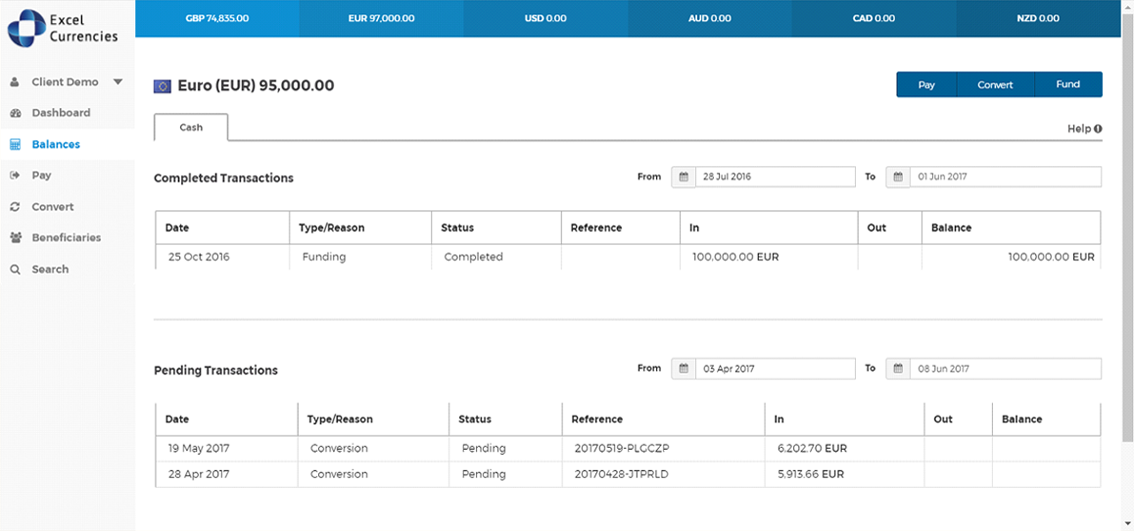Our accounting partner explains how to store senstive information correctly...
Bookkeeping plays a critical role in managing the financial aspects of a business and therefore needs to be dealt with carefully. As a bookkeeper, you are entrusted with sensitive and confidential information, including financial records, employee data, and proprietary information.
Maintaining the confidentiality and security of this data is of utmost importance. As mentioned earlier, we can’t stress this point enough, and that’s why we’ve created this blog to tell you more. Let’s take a look.
Why is Confidentiality so Important?
Confidentiality in bookkeeping is a real priority. There are several reasons for this..
Firstly, the files you keep will contain information on any payment transaction between yourself and other businesses. This could contain information that neither party would like to be released and therefore must be kept private.
Looking more in-house, your staff will also have their personal information in these files, including their bank account information that is used for paying wages. For obvious reasons, it is vital none of this is ever leaked or misplaced.
Another important point on confidentiality is that a good process is needed to comply with legal and regulatory requirements. Businesses now are regularly assessed on their performance across different confidentiality obligations, such as data protection acts or industry-specific regulations.
If your business is found to not be complying with these, then there could be consequences. If you are not keeping your bookkeeping information as secure and confidential as you could, you are leaving yourself open to many problems, and this could lead to fraud, leaked information, and a big drop in client trust, so this is something that should never be considered lightly.
The Importance of Secure Storage in Bookkeeping
There are many important documents used throughout bookkeeping, and these need to be stored in physical or digital (often both in best cases) format.
There are many issues that can go wrong if you don’t have the right level of security on your storage. One of the main concerns is data loss, which can end up costing you much time and can cause issues when it comes to rectifying claims.
Audits and investigations may require seeing proof of payments, and if you can’t provide it then it may be a long process to get the issue resolved.
Secure storage also plays a key part in avoiding any data protection issues, as mentioned above, and if you can inform your customers that you have a strict protocol, this is a great way of building trust and letting them know their information is safe with you.
Some tips for maintaining secure storage are:
- Keeping secure physical and digital storage for financial records is vital.
- Physical documents should be stored in locked cabinets or secure rooms with limited access.
- For digital records, implement robust encryption measures, use secure servers or cloud storage solutions, and regularly back up data to prevent loss or unauthorised access.
How to Keep Your Bookkeeping Information Secure and Confidential
Restrict Access to Confidential Information
Grant access to financial information on a need-to-know basis. Implement user permissions and strong password protocols for your bookkeeping software or systems and only provide the login information to someone who is trusted to keep it safe.
Regularly review and update access privileges as employees' roles change or when individuals leave the organisation. If there is a breach, you should have a process in which you can quickly spot everyone who had access and be able to resolve the issue quickly.
Training and Awareness
Educate yourself and your employees on best practices for maintaining confidentiality and security in bookkeeping. This can be on the latest technology that is used, and also on techniques and methods that are vital for maintaining a secure bookkeeping process.
Provide training on data protection, password management, phishing prevention, and other cybersecurity measures. Create a culture of awareness and accountability to minimise the risk of human error or negligence.
Regular System and Software Updates
Keep your bookkeeping software, operating systems, and security tools up to date. Regular updates patch vulnerabilities and ensure that you are protected against the latest threats and malware.
Stay informed about security updates from software providers and promptly apply necessary patches. It can be a good idea to hold regular catch-up courses where your staff can learn how to use new technology, and refresh your knowledge of the latest regulations.
Backup and Disaster Recovery Plans
Implement regular data backup procedures to protect against data loss due to hardware failure, natural disasters, or cyber-attacks. Develop a comprehensive disaster recovery plan outlining the steps to restore data and resume operations in the event of an incident.
This is one of the reasons why keeping physical copies as well as digital ones is so important, as it provides a layer of protection in case something was to go wrong with either.
Secure Communication Channels
Ensure that you use secure communication channels when sharing sensitive information with clients, colleagues, or third parties. Encrypted email, secure file transfer protocols, or client portals with strong authentication mechanisms are examples of secure communication methods.
If you are sending invoices, or other payments, then this should only be shared with the party in question and never sent to people outside the correct organisations.
For help with your accounting needs and to see a quick transparent price list from our partner, please fill out the section to the right and they will be in touch with you shortly.

 Twitter
Twitter Facebook
Facebook linkedin
linkedin Google
Google








